Turkey and Romania are, "from a strategic point of view", in the same place, said the ambassador of Turkey in Bucharest, Ozgur Kivanc Altan, in an interview for AGERPRES.
"Turkey and Romania are in the same space, in the real way. When you go to Istanbul, do you know how far it is? Fifty minutes. Practically, it means that we are, from a strategic point of view, in the same place. (...) This is a fact - 50 minutes by plane and only 630 kilometers by car. It is very close. Take heart, the distance is not very long," the ambassador said.
In the interview, the Turkish ambassador details the cultural, military, and economic relationship between the two countries and states that he supports Romania's full accession to Schengen, because it has "met the necessary conditions for years".
AGERPRES: Can you talk, in general, about the relations between Turkey and Romania, which have evolved in recent years?
Ozgur Kivanc Altan: Yes, it is. First of all, we are NATO allies and Turkey is one of the countries that supported Romania's accession to NATO very firmly, because there were some doubts of some NATO members then, and we were one of the firm supporters. Later, as you know, we established the Strategic Partnership. We are neighbors. Every drop of water that reaches the Danube passes through the Bosphorus. I always think about it, that's how connected we are to each other. Our armies collaborate (...). The volume of trade is huge. In this sense, we are in the Top 5 and the number one commercial partner that is not part of the EU. On average, we are in the top four, five. Turkish companies are among the main investors. If you see the numbers, they are in 14th place, but in reality they are in the Top 5, because the investments are made through the Netherlands. We have strong interpersonal relationships, tourism. But, historically, there is also the Turkish-Tatar community, which is here in peace, because Romania is a liberal country and, for this reason, those from the community were able to express their identity through religion, language, traditions. When they are asked where they are from, the answer is that they are proud to be Romanian, but also proud of their Turkish origin. Both countries have something to gain, this community is a bridge for both countries.
Last year was very intense from the point of view of our relations. Prime Minister Ciolacu visited Ankara with 11 ministers. Our president approached this event as a state visit, with the highest protocol. Our Vice President and 10 ministers hosted the Romanian delegation. Our Minister of Foreign Affairs, Hakan Fidan, was in Romania, our Minister of Defense was in Bucharest in April, our Vice President was here in April on economic issues, as was the Minister of Labor in July. We also had visits by Romanians to Turkey. For example, Minister Tilvar has been to Turkey four or five times. There were strategic consultations between our foreign and defense ministers. As an ambassador here, I never had the opportunity to be bored.
AGERPRES: First of all, I wanted to address this military relationship between Turkey and Romania, the most well-known currently being the Romania-Bulgaria-Turkey Memorandum regarding demining in the Black Sea. What are the results so far?
Ozgur Kivanc Altan: As you know, our connections within the Alliance are old. Our Strategic Partnership was signed in 2011, but even in the interwar period, Turkey and Romania were strong allies - the Balkan Entente. Minister Titulescu contributed, together with Ataturk and the then Foreign Minister, when Romania proclaimed its independence from the Ottoman Empire in 1878, everything was fair play, the two sides shook hands and remained friends. Our alliance has a long history, but recently there have been various occasions, occasioned by visits from both sides. From my point of view, the level of the relationship can be seen in the following detail: if the leaders of our countries shake hands or embrace each other when they see each other. Our ministers usually hug each other. That shows a real friendship. We also collaborate bilaterally and at the allied level. We had four F-16 aircraft that had a consolidated air police mission in Romania, from December 1 until the end of March. Then we had over 100 soldiers in Constanta, at the Fetesti base.
AGERPRES: Will this mission be repeated?
Ozgur Kivanc Altan: In 2026. We didn't usually have such missions, but we are happy to do this for Romania, our neighbor from the Black Sea. We also have joint military training. Romania has symbolic importance for us, so, two years in a row, our warships stood by the Navy Day, on August 15 - two corvettes the size of frigates. And we want to continue this. Concerning the Memorandum of Understanding regarding the establishment of the operative group for combating sea mines in the Black Sea - MCM Black Sea - we are talking about an important initiative.
AGERPRES: It was a unique initiative in the Black Sea, influenced, I think, by the war in Ukraine, hence the need for demining.
Ozgur Kivanc Altan: It is a real threat, a real need and we are aware of the importance of the Black Sea for Romania and Turkey. In fact, we are the country with the largest shore on the Black Sea - almost half of the coast. For us, it is very important and we are happy that in the recent NATO communications, importance is given to the Black Sea - at the Summits (NATO - ed.n) in Vilnius, Washington. In these documents, reference is made to the importance of the cooperation of the allied states on the shores of the Black Sea - Romania, Bulgaria and Turkey. We believe and it is enshrined in these documents that these states should take care of the security in this region, and MCM Black Sea is the embodiment of this. We are talking about a real threat, because there are hundreds of mines floating around that threaten commercial activities, they threaten civilians because they can reach the shore, they are a threat to our military ships. The negotiations lasted approximately six months, for synchronization. The first activation was at the beginning of July, before the NATO Summit in Washington, and the military ships of Romania, Turkey and Bulgaria were the first in Bulgaria. Two weeks later, our military ships were in Romania, for the activation in Constanta. A third action of this type was in September. It's a two-month activity, I don't have figures related to that, but the very fact that we do this together and that we have joint exercises is very important and contributes to the security of the Black Sea.
AGERPRES: In the context of the conflict in the Middle East, can Turkey find a balance between managing the situation and the Black Sea? Your country is in the middle, between the East and the West.
Ozgur Kivanc Altan: Turkey and Romania are in the same space, the real way. When you go to Istanbul, do you know how far it is? Fifty minutes (speaks in Romanian - n.r.). Practically, it means that we are, from a strategic point of view, in the same place. Unfortunately, there are ongoing conflicts in both the north and the south. We don't want that at all. I know that Romania doesn't want something like that either. Who would want a war on their own border? It creates instability, unhappiness. We want prosperity and sustainable growth. These wars are a threat to these goals. We are very attentive to developments in the region. Turkey has the second largest army in NATO, so we are watching carefully what is happening. We are a force of good and stability in the Balkans, in the Caucasus, in the Middle East, in the Black Sea. Regarding the Black Sea, we have a clear position related to the Russia-Ukraine conflict: it is something unacceptable in today's world. You cannot attack a country. Our president recently said that he does not recognize the Russian occupation of Crimea, that we respect and firmly support the territorial integrity of Ukraine within its internationally recognized borders. It is an important aspect for us - Ukraine is a very important partner, a long-term friend that we have. Our position is clear. But we also have a dialogue with Russia, I have constantly told them that what they are doing is wrong. Besides, we do not agree with a continuation of this war. No one is talking about how urgent it is for this war to end.
AGERPRES: Because Turkey has a dialogue with Russia and Ukraine, in the first part of the war, your country proposed itself as a platform for peace talks. Does Turkey still believe in peace?
Ozgur Kivanc Altan: We still believe in peace, we still believe in diplomacy, I repeat, within the internationally recognized borders of Ukraine. We should focus not on war, but on negotiations and a peace agreement. I know it is not easy, the situation is ongoing, but we will continue.
As you know, we have brought the parties together numerous times, most notably during the Antalya Diplomacy Forum when it just started in 2022.
And we were close. We were very close. There were battles on the ground that changed the situation, but we were very close to a solution, together with the UN. We contributed to the transportation of grain from Ukraine through the Black Sea, for the benefit of food security around the world. Then, I brokered prisoner exchanges between Russia and Ukraine. We continue these efforts, we talk openly with both sides and we focus on diplomacy.
AGERPRES: Returning to bilateral relations in the military field, there is the recent contract regarding Bayraktar drones. Do you have a calendar for the complete delivery of the drones to Romania? I understand that by the end of the year they will all be delivered?
Ozgur Kivanc Altan: This acquisition is an example of how both sides win. It is relevant regarding our Strategic Partnership. The contract was signed at the beginning of my mandate in your beautiful country, at the end of last year. The first system I know has been delivered, the second, likewise and the third follows. Dozens of Romanian soldiers trained intensively in Istanbul on handling these drones. Our defense industry has evolved a lot in the last 20-30 years. We succeeded because we relied on our own strength. When we needed weapons for defense, we made sure, when we signed contracts in this regard, that we would benefit from know-how, technology and that we would collaborate. So in 20-25 years we came to this position. Almost 80% of our defense industry is self-sustainable, both in terms of technology and equipment. I think that this is the right way for Romania. Only a few countries are willing to share technology, to produce together, to share know-how. Turkish companies are prepared for this.
AGERPRES: So would Turkey be willing to invest in the Romanian defense industry? Romania intends to revitalize this industry.
Ozgur Kivanc Altan: This is what we tell our Romanian allies and I think the message was well received. You must have heard about the Autocar deal. It is probably going to be signed soon. For example, more than 1,000 light armored vehicles will be delivered to the Romanian Army, and of these, only 278 will be produced in Turkey. The rest will be produced here through partnerships with Romanian companies in Romania. It's something that many companies are not ready to do, because technology sharing is a separate topic. Basically, you are giving away the knowledge you have worked so hard for. This is what you do for partners you consider very close.
AGERPRES: Turkey's ease of having a partnership with Romania also comes from the fact that there is a cultural closeness, because both countries are NATO members, because there is, shall we say, a kind of "bubble" of trust?
Ozgur Kivanc Altan: (speaking in Romanian - ed.n) I think that, honestly, we are very close, in terms of distance. Very close. This is a fact - 50 minutes by plane and only 630 kilometers by car. It is very close. Cheer up, the distance is not very long. (speaks in English - n.r.) I think that, in the context of our cultures, our ties of friendship, wherever I go, I find gestures of hospitality. Also, when you are Romanian in Turkey, you are welcomed with a smile. Of course, there is the traditional hospitality of the Turks, but the Romanians are always close to us. This for many reasons, including Gica Hagi and Gica Popescu. They made a great contribution to our friendship, but we consider Romanians close friends and they are always welcome, including as tourists. Our citizens also feel very good when they come here. I think this is the reason why tens of thousands of Turks have businesses and families here, after the Revolution of 1989. Moreover, after the Revolution, Turkish entrepreneurs were the first to come to open bread factories. Some left, but many remained. They are happy and proud to be Romanian - we have 6,000-7,000 Turks with dual citizenship. In total, there are 25,000 - 30,000 Turks in Romania, without counting the Tatar Turks from Dobrogea. As for tourism...
AGERPRES: Are there more Romanians visiting Turkey than Turks visiting Romania?
Ozgur Kivanc Altan: More tourists from Romania. Turkey is generally an important tourist destination, in the top four or five in the world. This year we expect to reach 60 million tourists from all over the world. Before they came more from Germany, from Russia, but now they are from everywhere - from Saudi Arabia, from Germany, Japan, the USA, we have the huge cruise ships on the Bosphorus. Last year we had 990,000 Romanian tourists, and this year we expect 1,150,000 - 1,200,000 Romanian tourists. It is an important increase. We have made it possible for Romanian tourists to enter Turkey only with the identity card, without a passport. I think it is an important thing. Sometimes there are families with children, they don't have time to get a passport, it's expensive. Before coming to the post here, I went to the Minister of Tourism and said: "We have this facility for several countries, why not have it for our Romanian friends?". He said that he would make efforts for this, it took some time, but during the visit of Prime Minister Ciolacu it became a reality. Interestingly, 750,000 Turkish citizens came to Romania in 2023. Some of them came for tourism and their number is increasing. I think Romania has to do more in my opinion and I'm doing more to promote Turkish tourists to come here. It's not my job but But I would love to see that because it's such a vast history, a beautiful country everywhere. Bucharest, Dobruca, Delta, Danube, Transylvania, the forest, the nature. For example, every year we have hundreds of motorbikers, Turkish motorbikers. Romania is one of the countries that I can visit on a motorcycle. So, among these 750,000, a large part consists of people who come here 50 times a year, for example, for meetings. There are also truck drivers on their way to other countries.
AGERPRES: Because you were talking about truck drivers and the fact that Romania is still not completely in Schengen, do you think it would help Turkey and the people transiting Romania that Romania would be completely into Schengen, that it would be into terrestrial Schengen??
Ozgur Kivanc Altan: Before the Turks, I think Romanians, they deserve this. Because the country has been ready for ages now. You have taken all the measures. Romania is a deserving EU country, and the standards must be the same for everyone - if you meet the standards, there must be no political details - like when the elections come, one problem, another. I don't like the situation of my Romanian friends, nor the situation of those waiting at the border. It is not only about Turks, but also about Romanian tourists who want to go to Turkey, Bulgaria or Greece. We all know the columns at the border. I went a few times by car ... something like that shouldn't happen nowadays. It is not good for trade, because these trucks are full of products and they are waiting for days and days. From my point of view, it has nothing to do with today's times. (Accession - ed. n) is a good thing for Turkey and for the Turks, but it is an even better thing for Romania. I hope things will be resolved soon for Romania and Bulgaria.
AGERPRES: You are talking about tourism and I noticed that there is a certain type of tourism practiced by Romanians in Turkey, namely medical tourism. Do you have figures related to this aspect?
Ozgur Kivanc Altan: Turkey is in the top of the countries in terms of Health. The Turkish Health System is known for its quality hospitals, good rates, the quality of the staff - and here I am not only talking about doctors, but also nurses: for example, they are very careful when they take blood for analysis. It's about experience. We have quality human resources, and our country offers many medical services, including oncological treatment. Plastic surgery is usually talked about - hair implants or other types, but there is also the lesser-known story of people being cured, be it oncology, gastroenterology, cardiovascular surgery, neurology, neurosurgery and, yes, cosmetic surgery. People are looking for this and it is important. We have state hospitals, but also private ones, for the most part, which are capable.
AGERPRES: Is it easy from a bureaucratic point of view for patients to reach hospitals in Turkey?
Ozgur Kivanc Altan: It is very simple. I don't think it lasts at all. There are many ways to get there. Correspondence can be started from here with a hospital. People must be careful when choosing a hospital, they must not choose the cheapest one. There are hospitals that have been previously inspected - over 100 large hospitals and clinics are credible, have experience, knowledge. People should go to them, and then it's very easy. In 2023 - 1.5 million people came to Turkey for medical services, compared to 750,000 in 2019. As we have this experience and these good hospitals, some intend to have branches in Romania, with Turkish-Romanian partnerships. (Investors - n.r.) want to purchase either already existing infrastructures or to build from scratch. This shows the confidence of Turkish investors in Romania. I think everyone wins - the people, the investors, the health sector. I think it is an important thing.
AGERPRES: Recently, Romania and Turkey signed a Memorandum regarding social insurance, the rights of workers in the two countries. Can you give more details?
Ozgur Kivanc Altan: It is a very clear Memorandum of Understanding, which concerns the rights of workers from both countries, but, of course, the situation is broader, from my point of view. Turkish workers who come to work on projects in Romania have a hard time getting visas or work permits.
AGERPRES: So it is more difficult for Turkish workers in Romania than for Romanians in Turkey?
Ozgur Kivanc Altan: Of course, it is much more difficult, even if the Romanian authorities make every effort. We have a permanent dialogue with the Ministry of the Interior, with the General Inspectorate for Immigration, but the process must be faster. For example, we have very good construction companies that come here to build highways. Sometimes they need their specialized people, fast. If it lasts six months, it's too late, not for them, it's too late for Romania. We have to do it in such a way that everyone can win. The Memorandum of Understanding did not cover this, it creates a framework for the protection of the rights of people working in the two countries, a framework for the exchange of experience. There is a workforce in Romania and I hope we cooperate more closely in this field, because I think we have a lot to gain.
Turkish companies continue to invest in Romania. There are 19,000 companies. At least 3,000 - 4,000 companies are currently active. We all have something to gain. It works in partnership with Romania, employs tens of thousands of people. An example is Ford Craiova - Koc Group. This group has a partnership with Ford in the USA and they bought the factory in Romania. I think that they are currently in first place in the construction of automobiles. Arctic/Beko is another example of our country's investment, they produce state-of-the-art technology. When you enter the factory, you see no human staff. There are many employees, of course (...) we want to create jobs. There are hundreds of employees here, 62% of whom are women. There are many examples. Eti, for example, produces Dare wafers in Craiova. It is a huge factory. There is also wood processing, food processing. It is surprising how much Turkish-Romanian heavy industry exists in the country. In Bucharest, Ploiesti, Pitesti, Craiova. This is in addition to our construction companies, which are very active. For example, Gulermak - which participates in the construction of the subway in Cluj-Napoca, the companies that participate in the construction of the highway to the airport of the subway in Bucharest, a Turkish company is involved in the construction of the Sibiu - Pitesti highway, had to close traffic for a month for works important and reopened it in good time.
This is all part of the commercial partnership we have. I hope that now, that Romania is growing in terms of prosperity, it will give more investors to head towards Turkey. We are close countries, there are many good businesses here, intelligent people, who have capital, knowledge, their strong point is communication skills - everyone speaks three foreign languages - kind people. I think that our countries have unlimited potential from a commercial point of view. This year we are talking about 12 billion dollars in trade. That makes us in the top 4-5 and the first commercial partner that is not a member of the EU. Then, we have the interpersonal, cultural, education-related links. Many Turkish students come to Romania, we are talking about several hundred. Also, Romanian students go to Turkey through Erasmus +. A few days ago, in a cafe, a young woman spoke to me in Turkish. He told me that he was going to study in Turkey for a month. We have Turkish soap operas - they always are a good conversation starter. Romania is in the EU, but Turkey is also a European country.
AGERPRES: That's exactly what I wanted to ask you... Turkey, during the first migrant crisis in 2015, had aspirations to join the EU. Do these aspirations still exist?
Ozgur Kivanc Altan: We have these aspirations. To become a full member to the EU is one of the strategic foreign policy objectives of Turkey. we are thankful to our Romanian friends that they are one of our strongest supporters. So 20 years ago we were supporting Romania to become a member to NATO and now you are doing this not as a payback to that but because of our partnership and because of the fact that an EU with Turkey will will be definitely a stronger EU, a bigger EU, in every sense, strategically, defense-wise, workforce, migration, energy, investments, economy, trade, it's a win-win. It will take time, but even if we are not an EU country now, the biggest city in Europe is in Turkey.
AGERPRES: Half of Istanbul...
Ozgur Kivanc Altan: Yes. We have been a European country for thousands of years. I think that the EU must approach the issue of Turkey's accession not politically, but (...) related to the fulfillment of standards. I don't expect it to happen tomorrow. But if there is goodwill, without countries here and there trying to divert our way because of issues related to bilateral relations.
AGERPRES: We were talking about migration. What is, let's say, the lesson that Turkey could convey to Europe or the EU in this field? Turkey was on the front line during the 2015 migration crisis.
Ozgur Kivanc Altan: Illegal migration is a problem for many countries - Turkey and the EU. Our stance regarding the issue is to protect human life and honour, along with our country's security. For centuries, Turkey embraced, without any distinction, those fleeing from oppression. The Jews fleeing inquisition, they came to the Ottoman Empire, to Istanbul, to Thessaloniki, to Izmir. Nowhere else in Europe were they welcome. Also today there is a Jewish community in Turkey, well established, well respected. So, for centuries, this is not something new for us. And again, we have displayed the same stance in the face of the crisis in our region from Syria to Ukraine. We have always fulfilled our humanitarian and neighborly responsibilities. We hosted the largest refugee population in the world in the last 10 years. It's a huge, heavy task. Currently, we have over three million Syrians who are under temporary protection in Turkey. We promote safe, voluntary and dignified return. Incidentally, this is also happening, 6,000 - 7,000 Syrians have returned to the north of Syria, where the danger of terrorism no longer exists. Otherwise, they would have gone to European countries.
But we also support the fight against migration. In 2024, Turkish authorities caught 170,000 illegal migrants trying to cross to other countries. In 2023 there were 254,000. We get involved economically, politically, it is not always easy. Hundreds of thousands of Syrian children were born in Turkey. We have provided them with food, jobs, education, medical assistance and we do this with all our hearts. But it's hard. We have good cooperation with Romania in terms of combating illegal migration. In the Black Sea, thanks to the Turkish authorities who are very strict, we don't have a problem. There is a good and constant dialogue between the Romanian and Turkish authorities.
AGERPRES: You say that Romania and Turkey are close culturally and geographically. For the countries of Western Europe, what is happening in the Middle East seems something far away. What could Turkey say to those who believe this? How far is the Middle East from all of Europe?
Ozgur Kivanc Altan: The Middle East is very close, it is next to Turkey, next to Europe. What is happening there is simply unacceptable. We are very concerned, given the way things are going, that it will expand. It is madness, it is slaughter and it must stop. It is something against any international law - the Convention for the Prevention and Suppression of the Crime of Genocide. There are several ongoing cases in this regard - at the International Criminal Court. International law on war crimes, international law on crimes against humanity is being violated, and these things continue. I think that a large part of the problem consists in the dehumanization of the other side. We must remember that we are all human and we must stop this war.
Our position is clear - the president, the minister of foreign affairs have stated it. So many people lost their lives, 50,000 people lost their lives in this conflict. It should be a good reason for starting genuine discussions regarding a peace agreement, based on the solution of the two states, a solution also supported by Romania. I also know how sensitive Romania is regarding respect for people's lives, the lives of civilians, the freedom to transport humanitarian aid. They are important topics where our approaches converge. In essence, the two-state solution - based on the 1967 borders of Israel, with the State of Palestine, with the capital in Jerusalem - is very important. Turkey is clear when it comes to Jews and Israel - it has always been a positive approach, which does not change. In fact, before this conflict, there was a normalization of our relations, for the first time in a long time. Ambassadors were appointed. I hope that this anger, this war, this massacre will end, that it will not expand, and we follow every day what is happening in Lebanon, Gaza, even in the West Bank - in fact it should not happen there, because this conflict it didn't start there, but even there people are suffering - I think we have to go back to humanity.

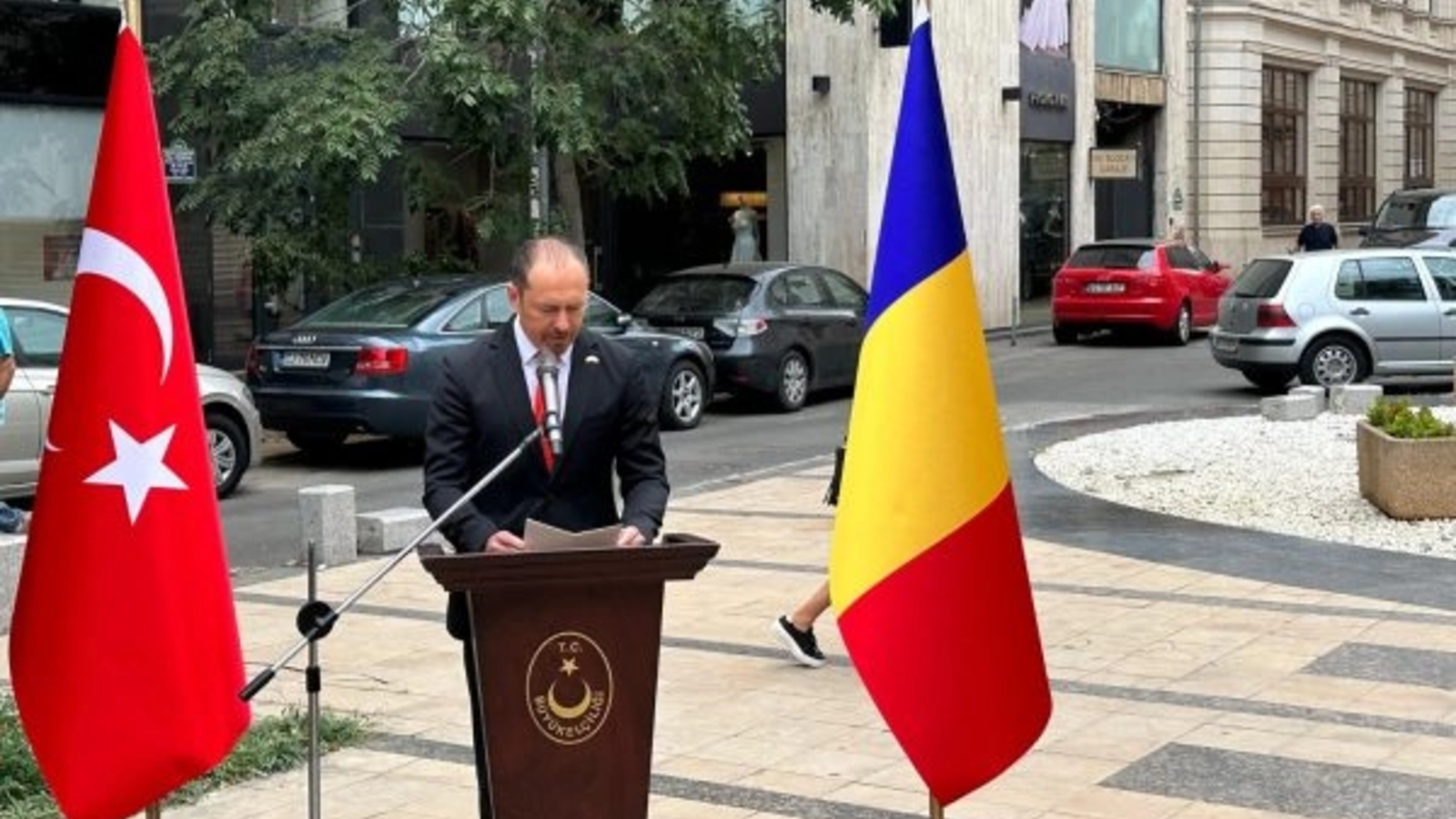

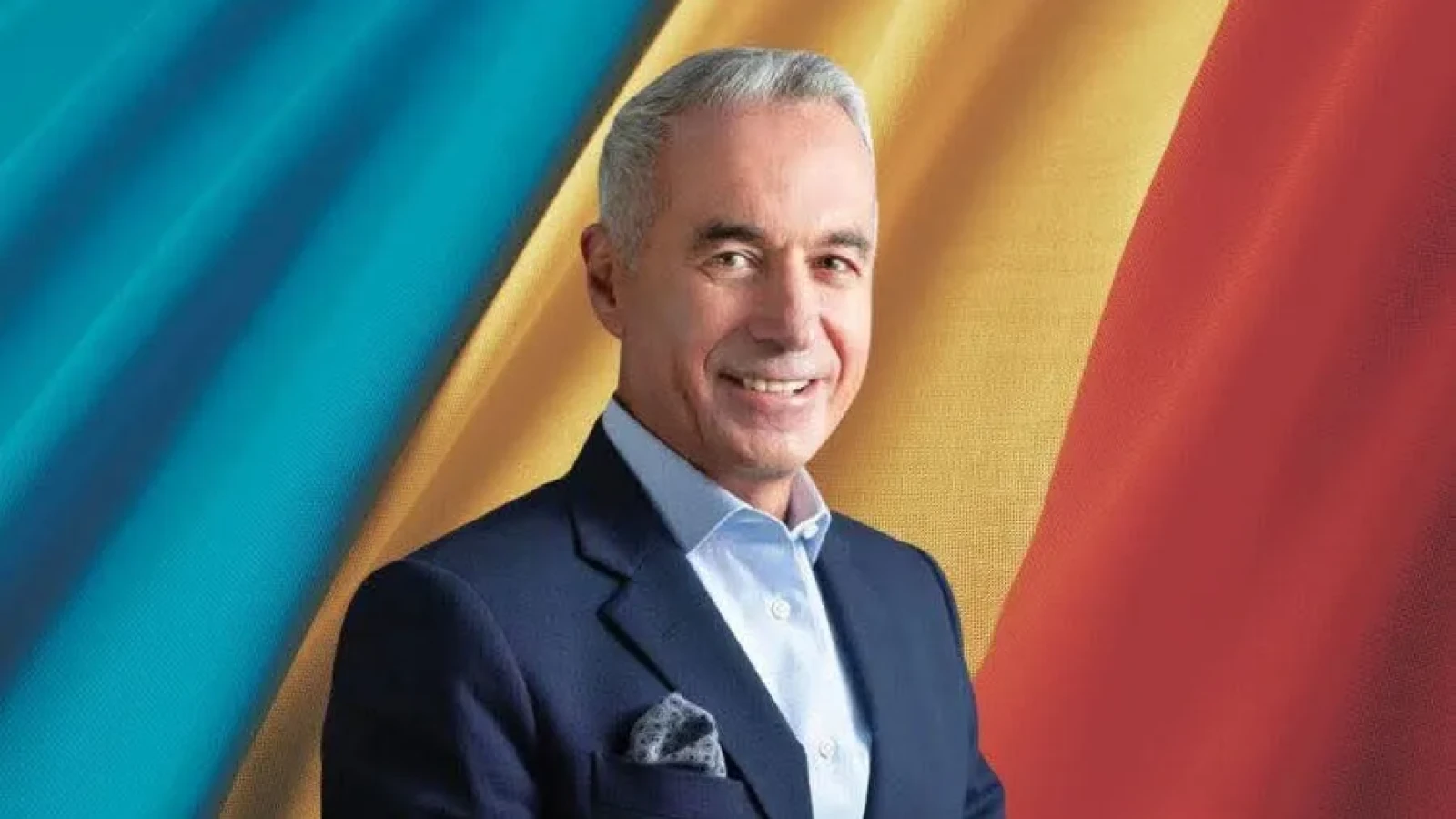

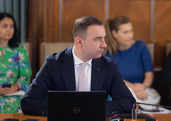
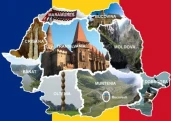
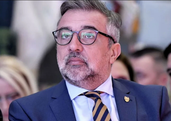

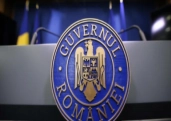
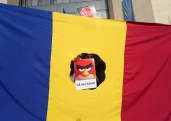

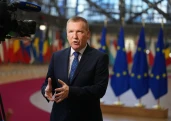

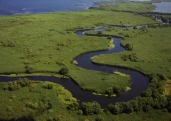
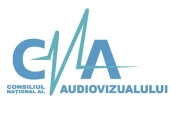
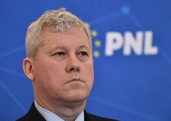
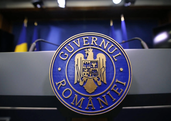


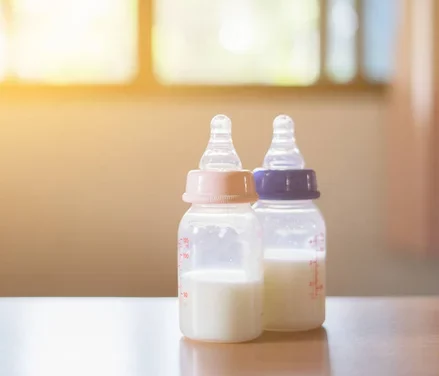
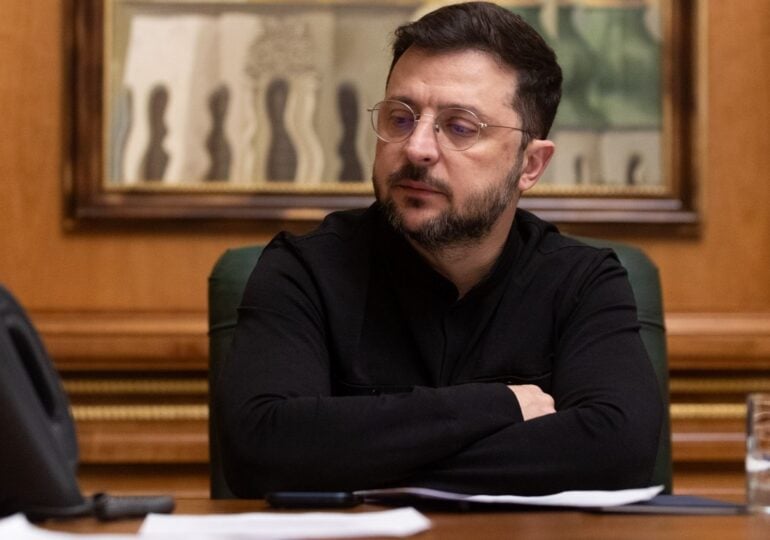
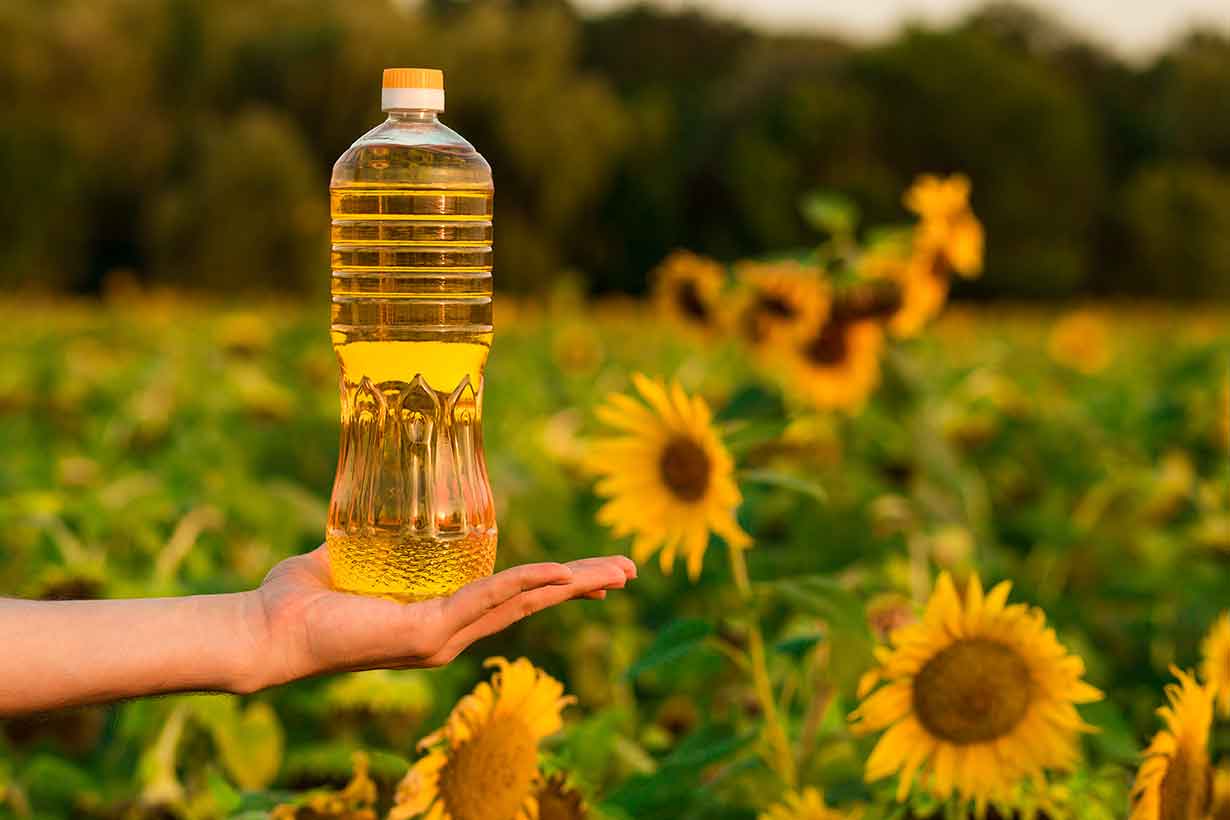
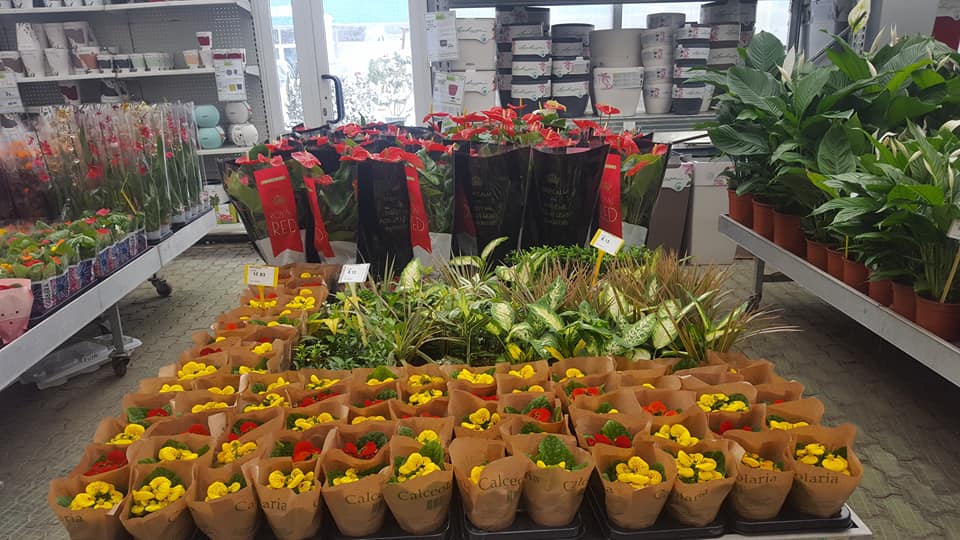




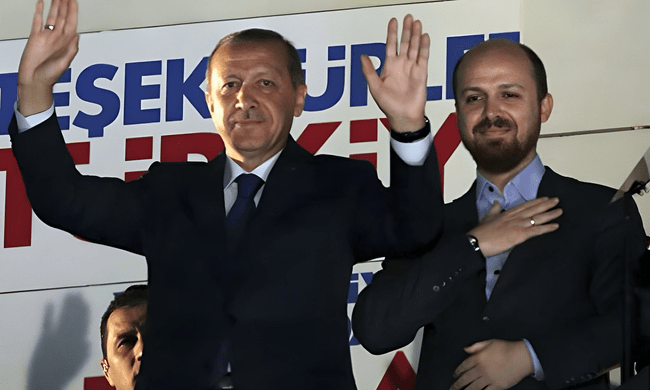



Comentează